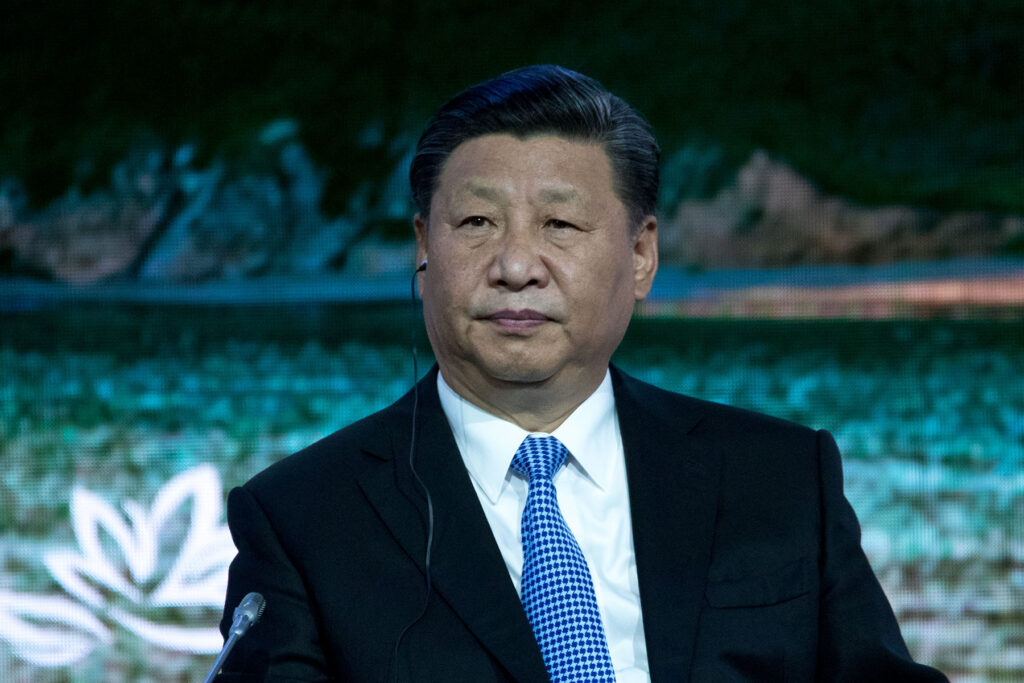In the past, the United States tended to take the lead in deciding the West’s security relationship with China. This was because the US had substantial security interests and alliances in the western Pacific. President Nixon, for example, gave positive leadership when he visited China.
Meanwhile, the countries that would form the EU pursued a vigorous and profitable policy of promoting trade with China. Germany led the way in this respect, especially through the export of German automobiles. This particular trend is weakening at the moment, although generally trade with China has recovered well.
There is a new problem. This is the openly declared and increasingly explicit US policy of curbing the growth and sophistication of the Chinese economy. This is being done because the US fears that China could pose a security threat to the US, and its allies, including Taiwan. The US wants to deny China access to certain types of semiconductors. Security concerns were cited by the Trump Administration when it imposed hefty tariffs on Chinese steel and aluminum. China responded with tariffs of its own. The US is also putting pressure on its allies to join in some of these measures.
The goal is to prevent China from developing strongly in areas that might make a key contribution to its national security. The World Trade Organization (WTO), of which China is a member, aims to ensure that global trade is governed by predictable and transparent rules. But “national security” is a matter of subjective judgment, to which such rules cannot easily be applied. Furthermore, China does not want WTO rules to apply to state-owned enterprises, while the US is undermining the appeals mechanism on WTO rulings.
The law of the jungle in international trade suits big counties, but not smaller ones. Economies such as Ireland are fortunate to be part of an EU bloc that will defend their interests.
Recently, the US published its National Security Strategy. It accused China of “wanting to reshape the international order” and of “assertive behavior”…hardly a hanging offense.
It said that it wanted the US to “outcompete” China, and added that it would oppose any unilateral change in relations across the Taiwan Strait. It also said that the US does not support Taiwan independence and remains committed to a “One China” policy.
This language is quite conciliatory and makes one wonder what the then Speaker Nancy Pelosi was trying to achieve with her recent high-profile visit to Taiwan—at a time when we may need China to talk sense into the Russians and get them to back out of their unprovoked invasion of Ukraine.
China had a strong record of defending the territorial integrity of states, notably against European powers in the nineteenth century. So it should not be neutral about the imperialist behavior of Russia!
[The author’s blog first published this piece.]
[Anton Schauble edited this piece.]
The views expressed in this article are the author’s own and do not necessarily reflect Fair Observer’s editorial policy.
The post Two Reasons China Can Be a Valuable Partner for Europe appeared first on Fair Observer.
from World News - Independent, Nonprofit Media https://ift.tt/v6rhVbl https://ift.tt/MUIZigV




0 Comments
Online Latest Bangla News, Article - Sports, Crime, Entertainment, Business, Politics, Education, Opinion, Lifestyle, Photo, Video, Travel, National, World.
Emoji